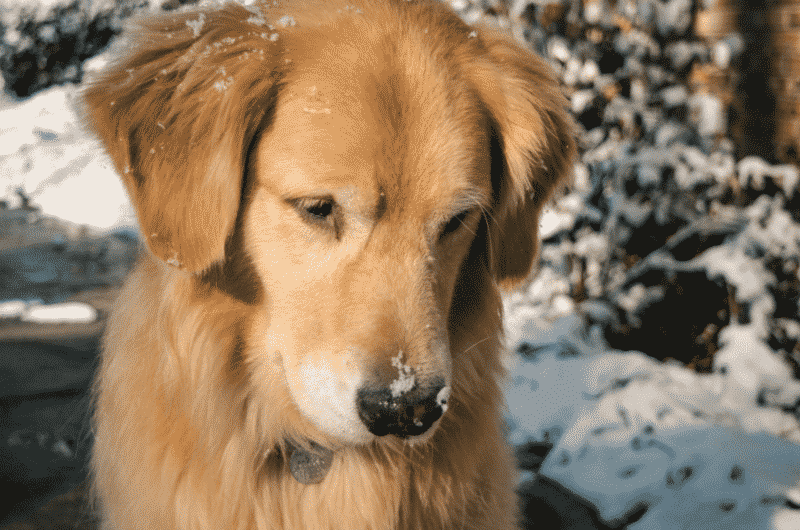No time is more fun (and stressful) than the holiday season. Super-charged with anticipation, the rush of Black Friday shopping, and capped by the ball drop as we ring in the new year, our bodies are in physiologic overdrive. Our pets also react to stress and the irregular holiday schedule with elevated heart rates, cortisol dumps, changes in blood pressure, and increased anxiety. Regular exercise and meditation help humans release natural feel-good chemicals that can reduce the effects of holiday strain. And we can assist our pets do the same by giving them a festive, safe, and stress-less New Year’s celebration with some safety essentials and having a coping strategy to guide them into the new year!
Establish Safe Spaces
First, make sure your pet has a calm place in which to retreat such as a kennel or a den created in a cozy bathroom or laundry room. Loud noises which accompany New Year’s Eve celebrations such as fireworks, balloons popping, and the screech of noisemakers can startle dogs. Owners often think of their fearful pets during a thunderstorm or 4th of July celebration but forget about the excessive holiday cheer. Offer the same safe space with insulated walls and few exterior noises or the comforting pressure of a thunder shirt during the chaos. Ask “Alexa” to play Classical Music for Pets. She will happily oblige (I recommend Canon in D).
Partygoers may inadvertently leave exterior doors open or meander into unmarked rooms looking for the lavatory or another bottle of champagne. Make sure your pet is secure in their space and their haven is clearly marked with a hanging sign reading DO NOT DISTURB. If the ringing doorbell triggers your dog, you may want to indicate guests to knock first or just walk right in if your pet is behind closed doors.
Get Active Before the Festivities
Other ways to assist your pet navigate the transition into the new year include giving them room to run prior to being kenneled. A good romp in the snow, a game of fetch, or a pre-party outing at the dog park can work wonders at reducing energy and tension. Natural stress reducers include not only exercise but calming pheromones such as Adaptil collars and plug-ins, Composure Pro supplements containing L-tryptophan and L-theanine, and supplements containing valerian root or Bach flower essence. If your dog is overly stimulated and anxious by the time New Year’s Eve rolls around (and aren’t we all) talk to your veterinarian about prescription medications to provide relief. It is never in your pet’s best interest to ignore symptoms of stress; they rely on us to provide a safe environment and meet all their physical and emotional needs.
Keep Human Treats Out of Reach
Noisy revelers often snack on chocolatey desserts or drink alcohol while celebrating. Make sure all treats and snacks are out of reach. Alcohol consumption by dogs, even just one mixed drink, can lead to depression, an unsteady gait, vomiting and in some cases, a serious drop in blood pressure and body temperature. As marijuana consumption, especially in the form of edibles, becomes more commonplace, pet exposure has substantially increased. The National Animal Poison Control Center educates owners on the side effects of ingestion which may include drowsiness, unsteadiness, a decrease in heart rate, and possible seizure activity. If you suspect your pet has consumed any known toxins such as alcohol, chocolate, marijuana, human medications, or foods containing raisins or sugar substitutes, call your 24-hour veterinary clinic or the APCC right away at (888) 426-4435.
As I get older, the thrill of staying up until midnight has diminished. Instead, I like to snuggle on the couch with my pups, watch a movie, share a few bits of popcorn or pretzels, and give them some extra love. My furry family appreciates it!
